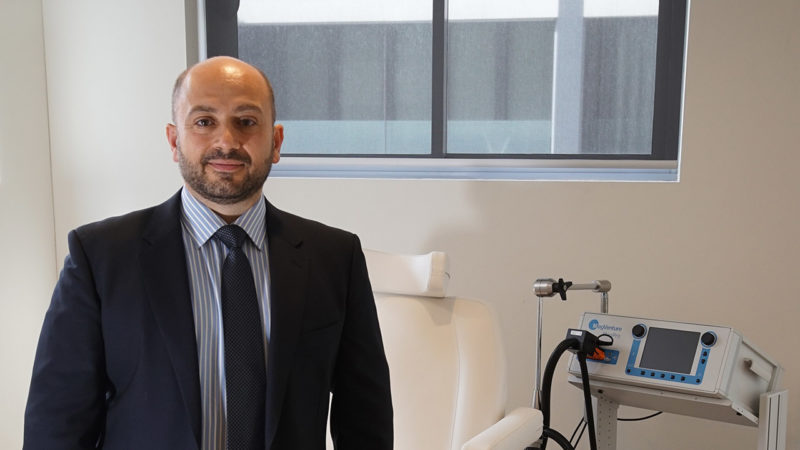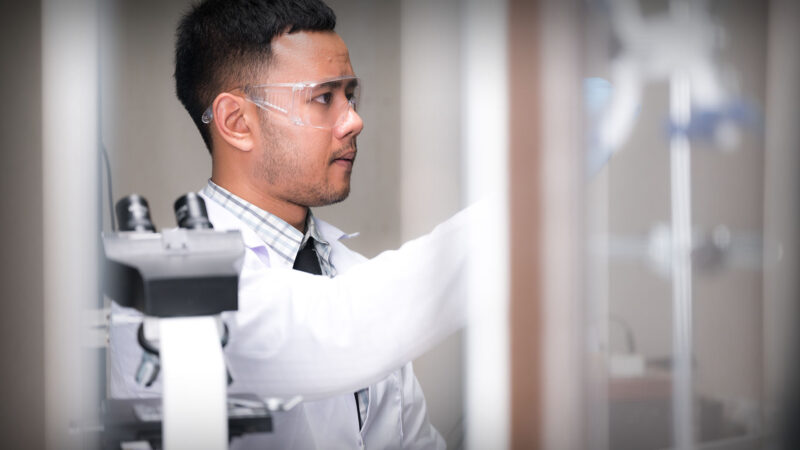Tara Hurster, is the CEO of The TARA Clinic and a psychologist who started working within the area of addiction in 2010. The TARA clinic, short for Therapeutic Addiction Recovery Assistance, recently started offering online programs to overcome and recover from addiction.
Tara spoke with Australian Health Journal about the early warning signs of anxiety and stress in health staff and executives, including irritability, changes in sleep patterns and diet leading to more serious mental health decline. These behaviours and symptoms increase the risk of substance abuse that could take the form of excessive smoking, drinking alcohol and drug use, porn, sex and gambling.
As Australian health care workers continue to manage COVID in the community, in wards and in management and policy discussions, the end of 2022 is a good time to consider some of the self help techniques and when to consider professional help.
This interview does not replace the need to consult your own trusted GP, psychologist or other suitably qualified medical professional.
You Might also like
-
World first in rural and remote nursing
In March 2023, the Australian Government released the National Rural and Remote Nursing Generalist Framework 2023–2027. The Framework is a world first and describes the unique context of practice and core capabilities for rural and remote Registered Nurses in Australia.
The Framework was developed by the Office of the National Rural Health Commissioner and Australian Health Journal spoke with National Rural Health Commissioner, Adjunct Professor Ruth Stewart, and Deputy National Rural Health Commissioner – Nursing and Midwifery, Adjunct Professor Shelley Nowlan, on the importance of rural and remote nursing and of the Framework itself.
-
AHJ S1E1: Sydney TMS: Transcranial Magnetic Stimulation
TMS (Transcranial Magnetic Stimulation) is a mild form of brain stimulation. Magnetic fields, generated by a coil placed on the head, are used to stimulate a small area of the brain. It is a non-invasive procedure that treats the symptoms of depression through the use of magnetic fields that stimulate nerve cells. The stimulation takes 20-30 minutes and given on an outpatient basis. While receiving stimulation, the patient is fully awake.
It can be use to treat patients who have little success with common treatments e.g., medication, psycho-therapy.
Sydney TMS operates 3 clinics in Australia that provide TMS treatment to patients. Founder Dr Jason Pace spoke with Australian Health Journal
Post Views:
1,942 -
Making clinical trials participant friendly
Clinical trials are essential in developing new, improved, and more effective treatments and interventions. Without trials, researchers and professionals in the field cannot properly determine whether these new treatments and interventions are safe and effective.
The Clinials platform is geared towards patient centric trials and reducing site burden. The aim is to accelerate lifesaving medicines coming to market by connecting participants and researchers. The platform allows participants to come to researchers with their eligibility in hand among other capabilities.



